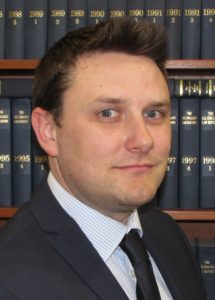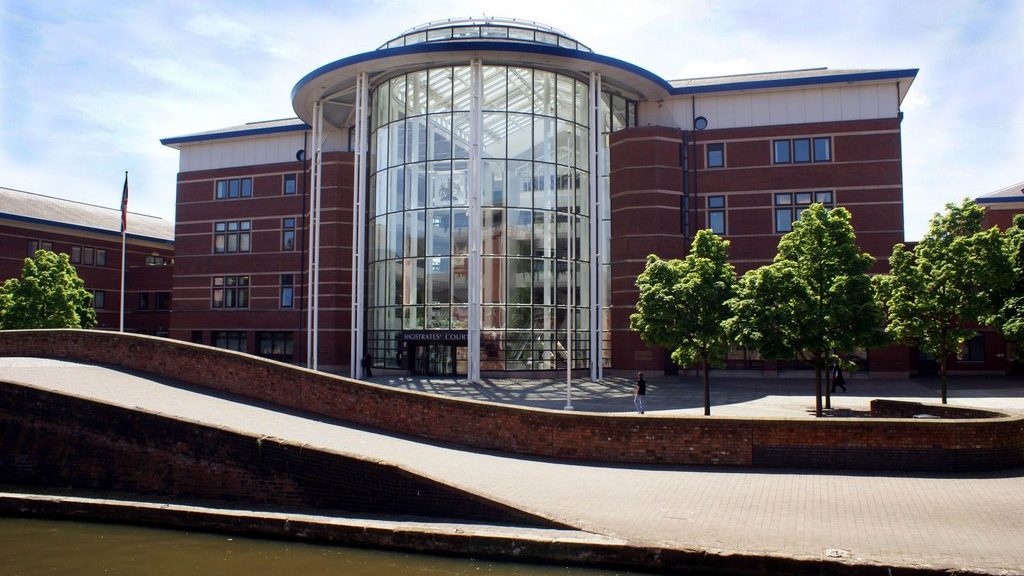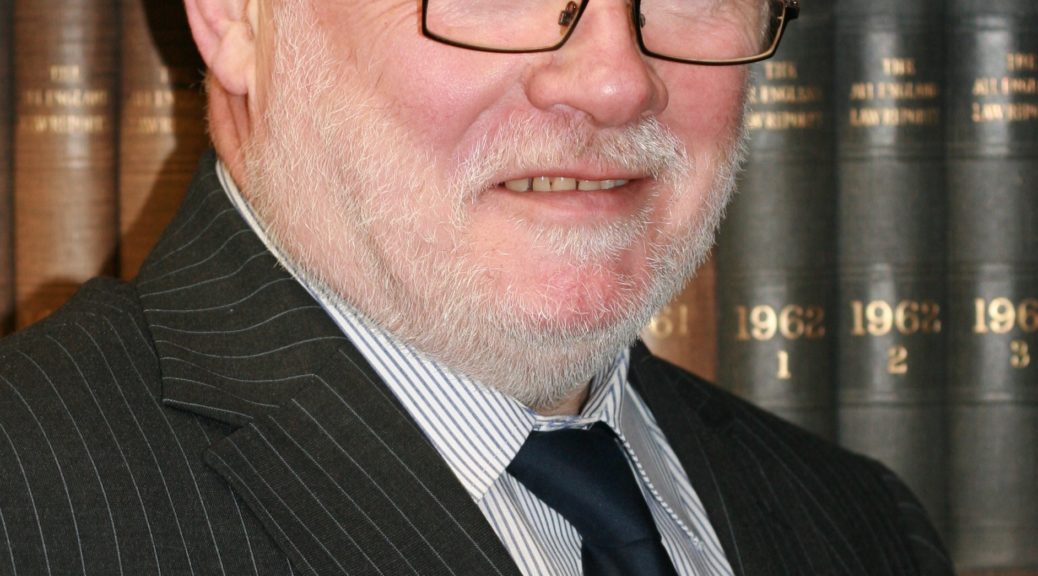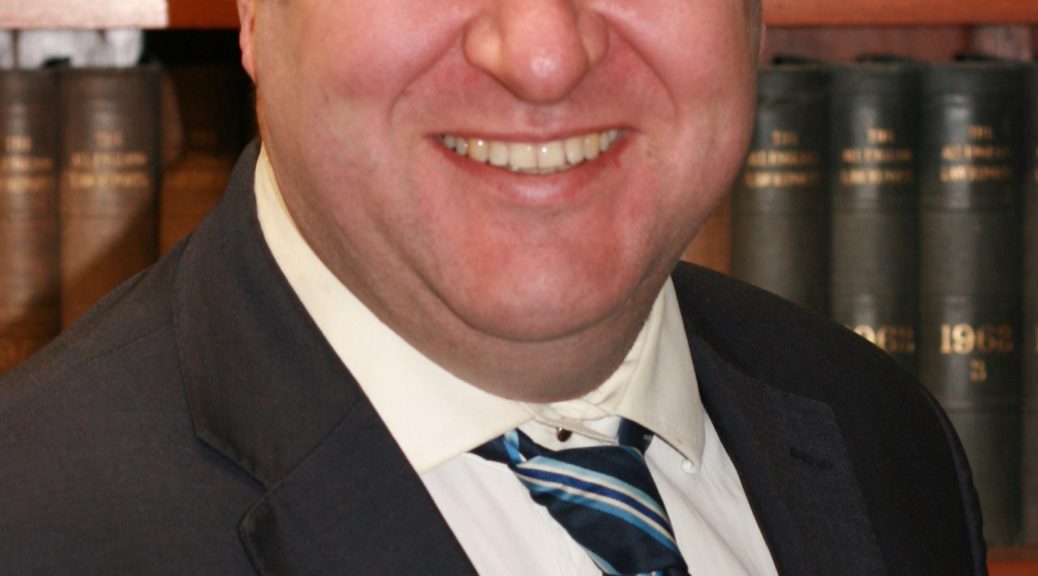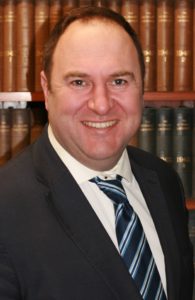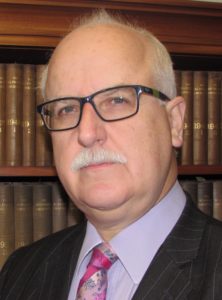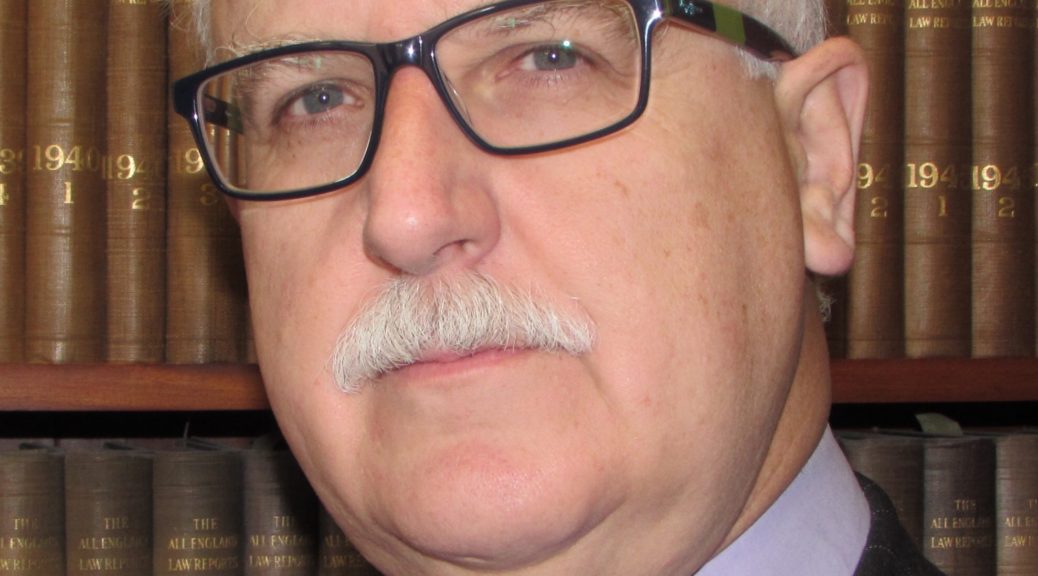Derby crime solicitor John Young represented a client before Derby Magistrates’ Court. His client had placed himself in a very serious situation because he committed a number of assaults at a working men’s club. This case demonstrates the benefit of an early guilty plea in an appropriate case. John was able to build his mitigation on these pleas to persuade the court that an immediate prison sentence could be avoided.
The allegations
John’s client had been charged with allegations of assault occasioning actual bodily harm and three common assaults. These offences involved four members of the same family, including two vulnerable victims.
The incident developed following an argument between our client’s wife and others in the club. There was some pushing and shoving from both sides of the argument, coupled with some threats. This initial incident appeared to blow over.
Unfortunately, the incident flared up again. No doubt due to the drink consumed, John’s client repeatedly punched the first victim. and then assaulted the others. He was restrained while the police are called. Fortunately, the injuries were relatively minor, but there were other families and young children present who were upset.
Sentencing Guidelines
 The offence of assault occasioning actual bodily harm can be heard before the Crown Court. This might have been a case that the Magistrates decided ought to be sentenced there because a number of aggravating features were present:
The offence of assault occasioning actual bodily harm can be heard before the Crown Court. This might have been a case that the Magistrates decided ought to be sentenced there because a number of aggravating features were present:
- offences in a public place
- our client was in drink
- children were present and affected
- injury was caused
- two of the victims were vulnerable
- it was a sustained and repeated attack
- arguably an intention to cause more serious injury than resulted
As a result, the case could easily have been categorised within the most serious category of offending with a starting point of 18 months in prison if John’s client had sought a trial.
Early Guilty Plea
John’s client faced a choice as to whether he ought to plead guilty or not. He felt aggrieved about how the incident had started. John took the time, however, to take him through the evidence and explain why he was guilty of the offences. Further, John explained to him the benefits of an early guilty plea. This is in terms of both credit (a reduction in sentence) and because it arguably shows remorse for offending.
It is always more difficult to persuade a court to be lenient where a client has been found guilty after a trial.
Mitigation leads to suspended sentence order
Although the offence was serious because of the early guilty plea the court was able to say that the remorse expressed was genuine. The court took account of John’s client’s good work record and settled relationship. He was also the sole breadwinner supporting his wife and child.
In recent times he had had problems with both his health and debt. He had a limited record of convictions and had not appeared before the courts since 2009.
As a result of John’s careful mitigation, his client received a short sentence of eighteen weeks suspended for two years. This was combined with a substantial number of hours of unpaid work and compensation. The case was kept before the Magistrates’ Court.
Contact a Derby criminal law solicitor
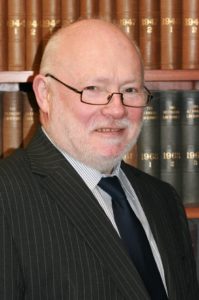
Whether you face a police investigation or proceedings before the Magistrates’ or Crown Court you will want to instruct a criminal defence lawyer that gives you appropriate advice. This will help you secure the best outcome for you, whether that is due to an early guilty plea or by having a trial.
If you want to instruct John Young then please telephone him on 01332 546818 or use the form below. Alternatively, you can find your nearest office here.
Contact




